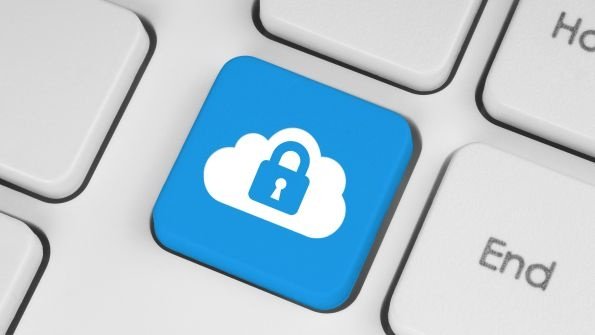Consider These Points For Effective Operational Security
Know how cloud can help you getting more effective operational security to leverage your business other than using anti-virus softwares

Most often, companies do occasional vulnerability scanning as part of the requirements necessary to comply with operational security standards. Vulnerability and patch management are a critical part of keeping businesses and their networks safe. Small to Medium businesses that rely on their firewalls and antivirus software to protect their servers and employees’ systems are continuously monitoring the vulnerability present in a company’s network. Does it really effective to just rely on antivirus software?
Maintaning Sofwares Are Quite Costly
The fact is now many companies choose to move their server to the cloud because maintaining softwares are quite costly. By using cloud server, they don’t have to worry about the antivirus software because it is automatically updated by the cloud provider services. A number of companies are specifically targeting SMBs and their lack of IT security knowledge with cloud provider services that audit networks, detect vulnerabilities, and helps companies remediate the issues.
The cloud provider is responsible for tracking, monitoring and following up on vulnerability in cloud. Once a vulnerabilities requiring remediation has been identified, it is logged, prioritized according to severity, and assigned an owner. The vulnerability management team tracks such issues and follows up frequently until they can verify that the issues have been remediated.
Malware Prevention In Cloud Provider
Besides vulnerability management, cloud provider services must do an effective malware prevention to avoid account compromise, data theft, and possibility additional access to a network. Malware is a term used to describe a broad category of damaging software that includes viruses, worms, trojan horses, and spyware. The effects of malware range from brief annoyance to computer crashes and identity theft. Malware is easier to avoid than it is to remove.
The provider helps tens of millions of people every day to protect themselves from harm by showing warnings to users of Google Chrome, Mozilla Firefox and Apple Safari when they attempt to navigate to websites that would steal their personal information or install software designed to take over their computers. A good cloud provider will takes these threats to its networks and its customers very seriously and uses a variety of methods to prevent, detect and eradicate malware.
If malware is a software, then how about when a natural disaster or an accident occurs? How can you save your data? It would be quite a busy day if you have your servers, which contains the company data, at the place of disaster. You have to move the servers right away to recover it, checking one by one to make sure the server is not corrupting. These can take few days, even weeks to maintain while it can also slow down the business.
Incident Management
When the incident occurs at your place, you may loose your office, but you can still reach for your data at home or anywhere using the internet connection to access your data in the cloud. You can still up for your business while recovering your office if you using cloud as your data storage.
And what if the incident occurs in the place where the cloud provider’s server? The cloud provider nowadays have liabilities to ensure your data is secure no matter what happen by many ways. They will inform and giving support investigative efforts if an accident involves customer data. The cloud provider nowadays must have protocols to specifies courses of action, procedures of notifications, escalation, and documentation as their credibility in securing your data.
The cloud provider will always improving their development as well as giving the best services to the customer. Many of them offers various services which you can benefits, but choosing the one that really meets your needs can be quite difficult. To help you choose the best provider in both services and quality, we’ve summaries of 5 critical security criteria to fill by the cloud provider you need to know in our e-book which you can get it for free as your guidance in cloud.



